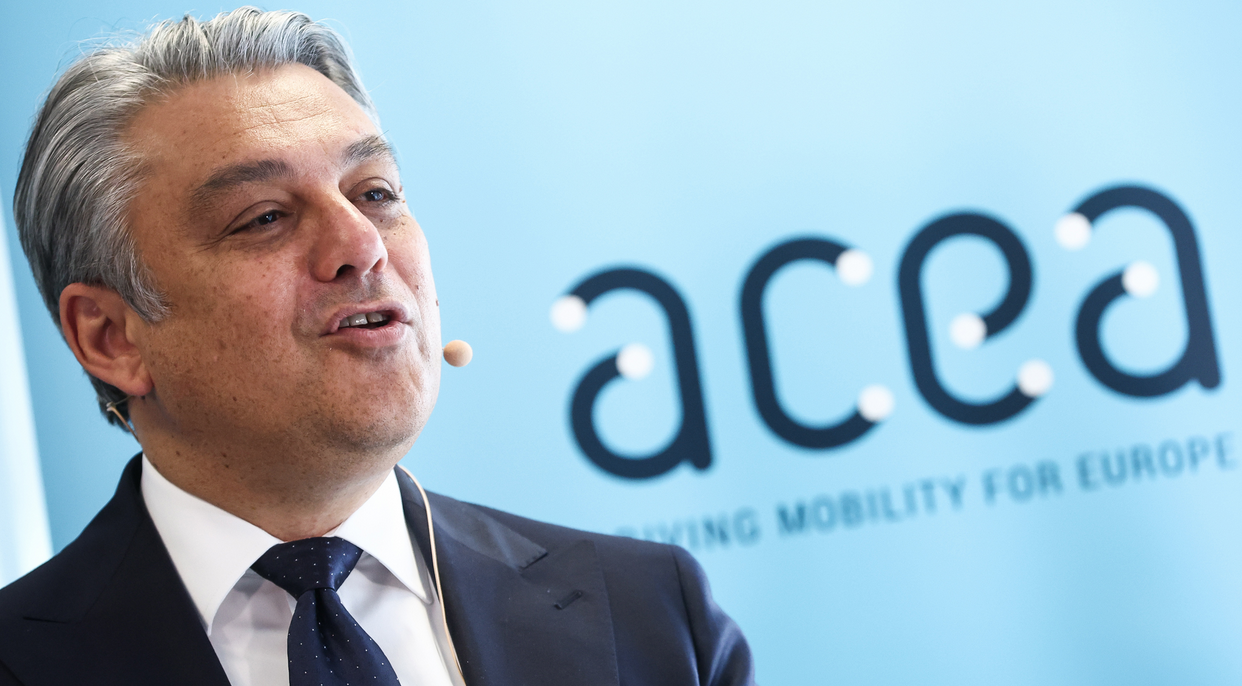
European car manufacturers ask for ambitious automotive policy

In his first address as President of ACEA, Renault boss Luca de Meo warns for the cost of the new Euro 7 standards, and urges the EU to implement its Green Deal Industry plan /ACEA
Ahead of the unveiling of the Green Deal Industry Plan, Luca de Meo, the new President of the European Automobile Manufacturers’ Associati


Comments
Ready to join the conversation?
You must be an active subscriber to leave a comment.
Subscribe Today